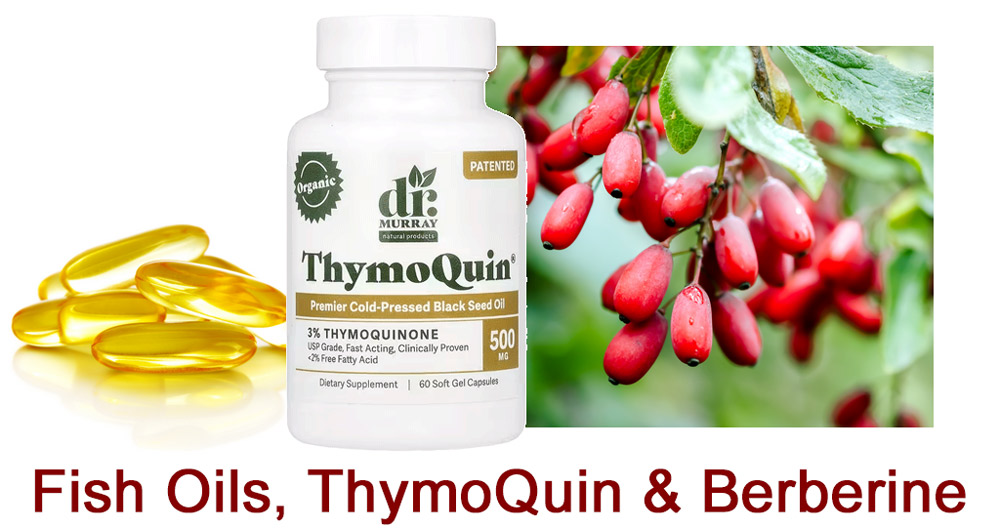
by Dr. Michael Murray | Aug 27, 2025 | Featured, Natural Facts
Is Fatty15 “Fool’s Gold?” What is Fatty 15 If you have not seen the marketing on Fatty15, it is very expensive dietary supplement claiming to be the first essential fatty acid discovered in over 90 years that is useful in improving health span and cellular longevity....

by Dr. Michael Murray | Aug 6, 2025 | Featured, Natural Facts
Dry Mouth? Clinically Proven Relief is Here! Dry mouth, or xerostomia, is a common condition that affects millions of people. There are a lot of causes of dry mouth but the main thing that happens is the salivary glands don’t produce enough saliva or the saliva is of...

by Dr. Michael Murray | Jun 6, 2025 | Featured, Natural Facts
Unlock the Secrets to a Healthier Life Through Oral Care Did you know oral health care is an important strategy to help prevent the development of Alzheimer’s disease, colon cancer, heart disease, and many other chronic diseases? The primary reason why poor oral...

by Dr. Michael Murray | Jan 15, 2024 | Featured, Most Recent, Natural Facts
The Truth AboutAlcohol and Health Introduction The idea that moderate alcohol consumption offers health benefits is based on a lot of bad science and myth. While many people want to believe that having a glass or two of red wine or other alcoholic beverage on a near...

by Dr. Michael Murray | Apr 2, 2021 | Featured, Most Recent, Natural Facts, Supplements
Building a Supplement Program: The Importance of a Foundation Introduction Dietary supplements include vitamins, minerals, other food factors, and herbal compounds. The very term dietary supplement indicates these compounds are supplementary measures for your...

by Dr. Michael Murray | Dec 29, 2020 | Featured, Most Recent, Natural Facts, Supplements, Supplements, Treatments and Research
Dr. Murray’s Personal Supplementation Plan I frequently get asked what supplements do I take. So, here it is as detailed in my latest book, The Longevity Matrix. You will see that I take a lot of supplements. The way that I organize them is by creating a little...









